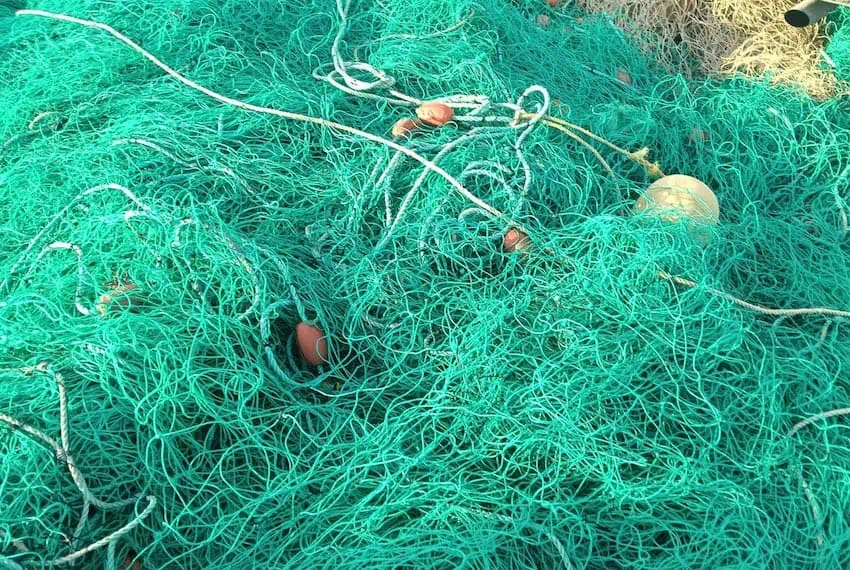Authorities seize 9 km of illegal totoaba fishing nets, saving 7

Over the weekend, Mexican authorities operating in the northern Gulf of California dismantled more than 9,000 meters of mesh nets which had trapped 3,500 kilograms of endangered totoaba fish.
The Federal Attorney for Environmental Protection (Profepa), the Navy and the National Fisheries and Fishing Commission (Conapesca) found the illegal nets early Sunday morning near the town of San Felipe, Baja California.
Retiran más de 9 km de redes ilegales de enmalle de totoaba en el Alto Golfo de California
Se inutilizan 72 ejemplares muertos de totoaba y se libera a siete ejemplares vivos. Este resultado se da en el marco del reforzamiento de las acciones de vigilancia que ha impulsado… pic.twitter.com/GB1DcM12Ia
— PROFEPA (@PROFEPA_Mx) March 18, 2025
In a press release, the government reported that 79 totoaba fish were found trapped in the netting, only seven of which were still alive. The authorities released the seven back into the water.
Fishing for totoaba — a species of marine fish endemic to the Gulf of California in Mexico — is illegal. Once abundant in the area, the totoaba — which can reach a size of two meters (6.6 ft) and weigh up to 135 kilograms (300 pounds) — is now considered endangered due to human-related threats, according to the International Union for the Conservation of Nature (IUCN).
The primary reason for the recent overfishing of the totoaba is the demand for the fish’s swim bladder, an organ that helps the fish control its buoyancy.
In addition to being considered a delicacy in Asia, traditional Chinese medicine holds that these swim bladders, known as “fish maws,” are believed to have numerous health benefits, including promoting longevity and vitality.
The increase in demand over the past 20 years has caused the price of totoaba swim bladders to skyrocket on the black market — up to US $8,000 per kg, according to the newspaper Milenio — earning it the nickname “cocaine of the sea.”
During the weekend operation, Profepa destroyed more than 23 kg (50 pounds) of swim bladder.
The indiscriminate fishing methods have also proven deadly for the elusive vaquita, a species of porpoise found only in the northern Gulf of California that is on the brink of extinction. The most recent vaquita census found only six to eight specimens in Mexican waters.
In 2023, the Mexican government initiated a series of actions to halt illegal fishing activities and protect its last remaining vaquitas.
According to a December 2024 report, Conapesca has established more than 730 random checkpoints, with inspections carried out at warehouses, collection centres, freezers, fish markets and restaurants. The operation includes the inspection of more than 5,190 small vessels upon departure and arrival.
Prior to the recent operation in San Felipe, the agency had destroyed more than 130 fishing rigs, including 38,000 meters of prohibited nets and 30 traps and/or cages.
With reports from Milenio, N+ and Oceanographic
Source: Mexico News Daily

